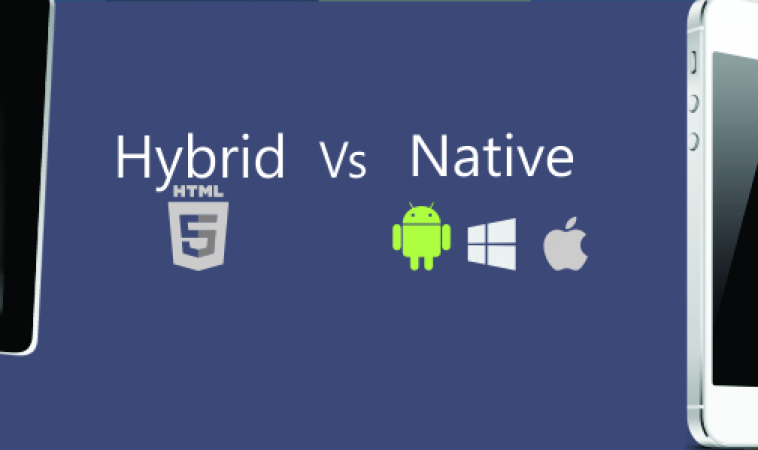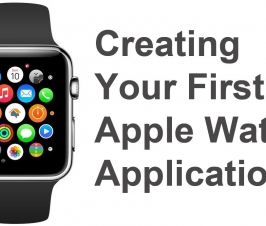
Contents
Whether to build Hybrid or Native Smartphone Software
Quick Facts on Native and Hybrid Software before we Continue
- Native software requires vast expertise on a specific platform such as Android, or iOS. Its major advantage is that the programmer can have complete knowledge which will help him/her maximize the full potential of the platform. This will in turn lead to smartphone software with amazing capabilities to do what customers would be proud of. Native smartphone software are usually expensive due to their requirements and time used in building.
- Hybrid software unlike native software can easily be utilized across multiple platform making it quite cheaper and faster. The programmer augments the code with native SDK.
As you’ll see when you go into the body of this post, the answers are closely related but you’ll definitely see the difference as you start digesting each of them.
Which Features do you Intend To Use on the Smartphone Software?
If native phone capability is your primary USP and your software is heavy on it, native software programming would be the best to use. If it were to be a Hybrid Smartphone software, you may or may not be able to access native features depending on the framework you choose.
How long do You Have to Program the Software and take it to Market?
The time required to program a smartphone software usually depend on various factors such as the amount of features to include in the software, the time allocated to you by your business group, the amount of resources at your disposal, etc. If you’ll be required to complete the software and take it to market in a considerably short time frame then you’ll need more resources at your disposal which automatically translates to a higher budget. If however you want the smartphone software to be launched as quickly as possible even with the limited resources at your disposal, hybrid software programming would be your best alternative as it provides you with the ability to launch your software across multiple platforms in a short time just as already explained.
What’s your Budget like for Android and iOS?
These two software currently dominate the market share and as such have to be treated specially, hence the reason why most people allocate separate budget to the build of each. If you are one of such people and still have enough time to take it to market, your best option would be native software.
How do You Want your User Experience to be?
If you want your smartphone software to have the best user experience then utilize the native software approach. Remember from the facts above that native software programming requires vast technique and experience on one platform rather than several platforms. With so much skills on one platform, the programmer would definitely be able to match all user requirements in an amazing way that the hybrid software will never come near. This is not to say hybrid software has poor user experience; an experienced hybrid software programmer may come close to native software, but the difference would still be there.
Conclusion
Choosing to either use native or hybrid software can be confusing at times due to the different advantages each bring. Using native brings about great user experience and the ability to explore native features making your customers enjoy every bit of the software. A hybrid software on the other hand doesn’t provide users with that extra feeling, but your software can be cross platform ready within a short period of time, and also with a tight budget.
By RobustTechHouse team. We specialize in mobile app development.








